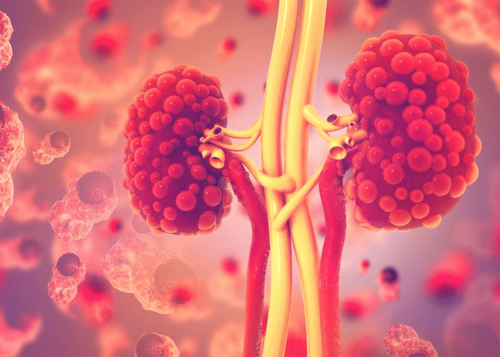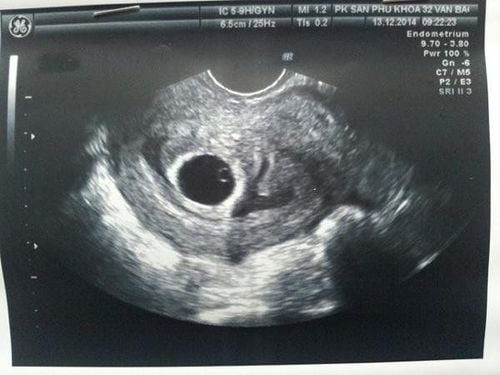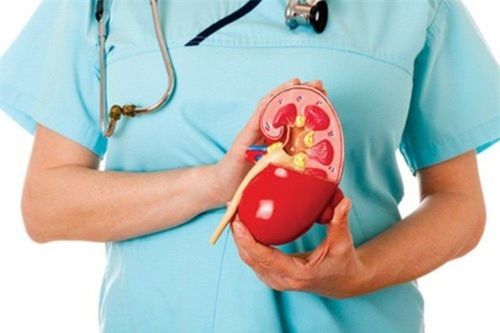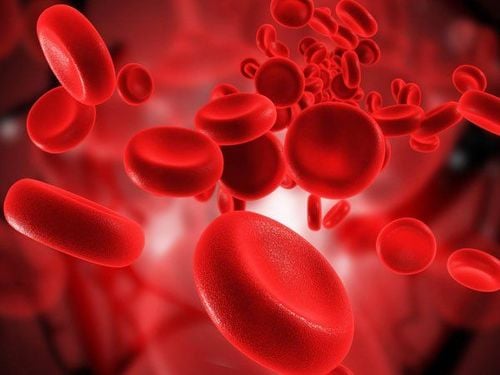This is an automatically translated article.
Acute glomerulonephritis, if not detected and treated promptly, can turn the disease into a chronic stage and cause many serious complications.1. Diagnosis of acute glomerulonephritis
Typical form: Relatively common, patients are usually diagnosed by clinical signs. Mild (or latent) form: Patients are usually diagnosed after a urinalysis is performed. Gross hematuria: The most prominent clinical symptom is gross hematuria lasting 5-7 days or more and no blood clots. Other manifestations (edema, hypertension) are rarely present. High blood pressure: The prominent clinical symptom is hypertension, late treatment can have complications such as acute heart failure and brain disease. Acute heart failure: Patients present with severe dyspnea, small rapid pulse or collapse, enlarged and painful liver, distended neck veins, and little urine. X-ray results showed an enlarged heart. If not treated promptly, real acute pulmonary edema can occur. High blood pressure encephalopathy: Symptoms come on suddenly and include: Headache, nausea or vomiting, blurred vision, lethargy, confusion, semi-consciousness. Patients may experience prolonged generalized convulsions. If not treated in time, it can lead to death due to amygdala cerebellar entrapment. Anuria form (hyperuremia, acute renal failure): Causes prolonged anuria and acute renal failure.
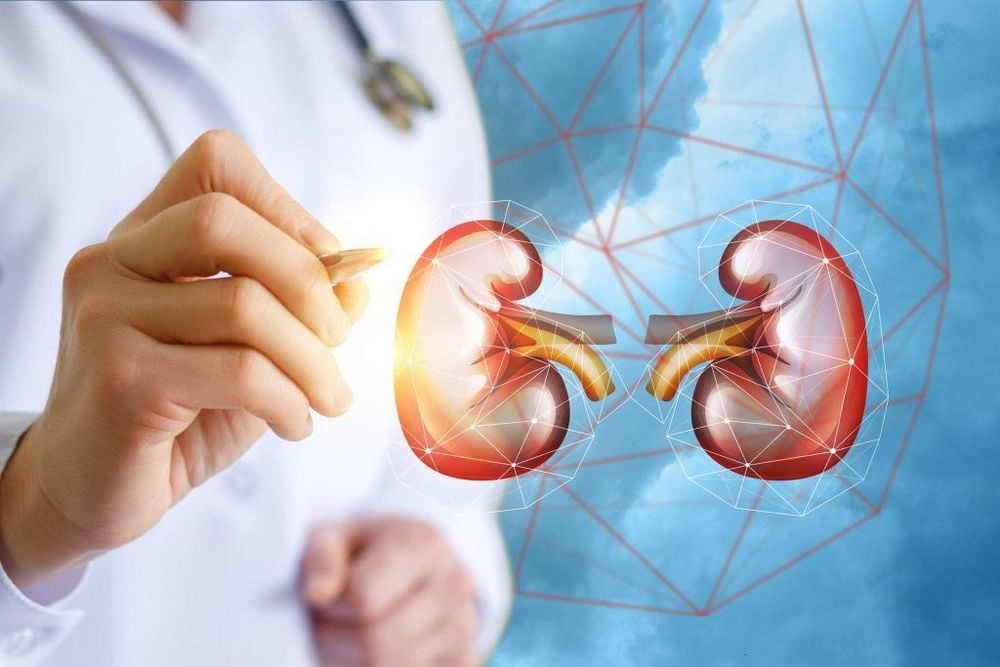
Viêm cầu thận có nhiều thể bệnh
2. Differential diagnosis with other diseases
For a patient with a similar typical condition:
Exacerbation of chronic glomerulonephritis. Glomerulonephritis is not caused by a streptococcal infection. For patients with no typical symptoms:
Cases where the patient only has a lot of edema: Differential diagnosis with nephrotic syndrome. In case of no or little edema: If hypertension is predominant. Cardiovascular complications: Differential diagnosis with causes of acute heart failure Neurological complications: Differential diagnosis with epilepsy and other causes of convulsions. If anuria: Differential diagnosis with acute exacerbation of chronic renal failure If hematuria is primary: Differential diagnosis with acute pyelonephritis.
3. Complications of acute glomerulonephritis
In the absence of timely treatment, the patient can have serious complications such as acute heart failure, acute pulmonary edema, cardiac asthma, acute kidney failure, neurological disease, encephalopathy - hypertension pressure, brain damage due to increased blood urea.
4. Prognosis of acute glomerulonephritis

Viêm cầu thận cấp nếu không được điều trị kịp thời có thể gây ảnh hưởng đến huyết áp
The cure rate of children is higher than that of adults, over 90% completely cured. Most of 80-90% of the disease showed signs of remission within 2 weeks, but protein and HC disappeared later. In rare cases, complications of acute heart failure, and other complications, result from very high blood pressure. In case the disease progresses for a long time, without complete treatment, it can become chronic.
The patient is considered cured when the proteinuria index returns negative, the red blood cell count is negative, and the renal function returns to normal. Most children with the disease will recover within those 3 weeks, rarely presenting with heart failure, acute renal failure or cerebral edema.
5. Prevention of acute glomerulonephritis
Effective preventive measures such as:Maintain oral hygiene, avoid strep throat. Clean the body, take a bath to avoid skin inflammation, impetigo. Early detection and treatment of strep throat.
Please dial HOTLINE for more information or register for an appointment HERE. Download MyVinmec app to make appointments faster and to manage your bookings easily.




